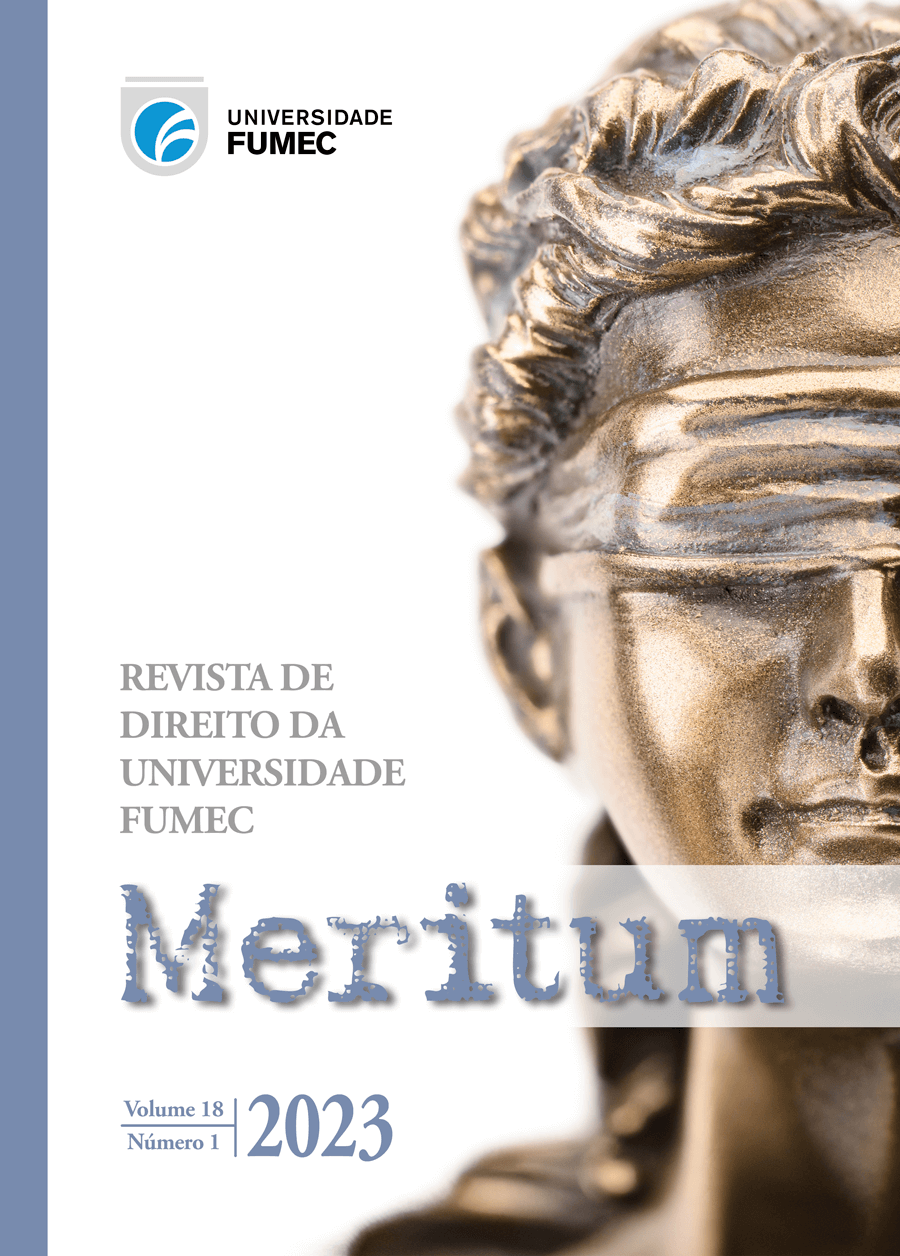BOOK REVIEW
OLD ARE THE OTHERS, by Andrea Maciel Pachá. Rio de Janeiro: Intrínseca, 2018
DOI:
https://doi.org/10.46560/meritum.v18i1.8995Abstract
In the illusion that we are infinite beings and in the celebration of youth in contemporary societies, old age is neglected, silenced and unplanned. Death is certain for everyone, but it is only in old age that this condition necessarily inherent in human beings takes its place in the human mind. These introductory considerations were taken from the work “Velhos é os Outros” by the magistrate Andréa Maciel Pachá (1964 -). The author graduated in Law from the State University of Rio de Janeiro, served as a member of the National Council of Justice, was vice-president of the Association of Brazilian Magistrates and co-author of the booklet New Adoption Law. Her book entitled “Segredo de Justiça” (2014), inspired a series produced by Fantástico in 2016. She is also the author of the works “A Vida não é Justa” (2012) and “Velhos é os Outros”. The work “Velhos é os Outros” is a book of chronicles published by Intrínseca in 2018 (the work contains 207 pages and is composed of 41 chapters). In this work, the author seeks to “illuminate” the existential and legal issues arising from the arrival of old age with a lot of humanity and sensitivity. Common issues in the legal perspective such as interdictions, disappearance and inheritance lead the reader to reflect on their own existence, as well as to establish empathy with others, in addition to considering planning for the arrival of old age itself. Still in this direction, this work can contribute to the student of law in the development of the understanding that the legal system is fundamental in the regulation and, in the guarantee of rights in the context of a society. However, its mere existence and applicability does not guarantee that the human condition, human life, is in fact valued and prestigious in its existential exclusivity.
Keyword: old age; right; elderly protection.
Downloads
Published
Issue
Section
License
Autores que publicam nesta revista concordam com os seguintes termos:
- Autores mantém os direitos autorais e concedem à revista o direito de primeira publicação, com o trabalho simultaneamente licenciado sob a Licença Creative Commons Attribution que permite o compartilhamento do trabalho com reconhecimento da autoria e publicação inicial nesta revista;
- Autores têm autorização para assumir contratos adicionais separadamente, para distribuição não-exclusiva da versão do trabalho publicada nesta revista (ex.: publicar em repositório institucional ou como capítulo de livro), com reconhecimento de autoria e publicação inicial nesta revista;
- Autores têm permissão e são estimulados a publicar e distribuir seu trabalho online (ex.: em repositórios institucionais ou na sua página pessoal) a qualquer ponto antes ou durante o processo editorial, já que isso pode gerar alterações produtivas, bem como aumentar o impacto e a citação do trabalho publicado (Veja O Efeito do Acesso Livre).






